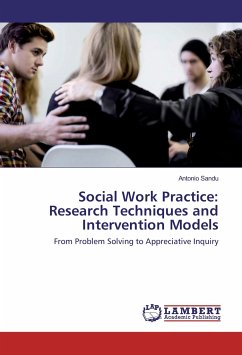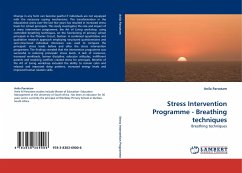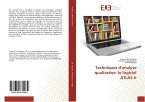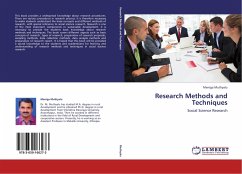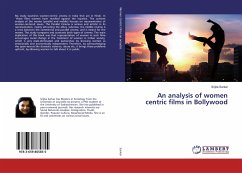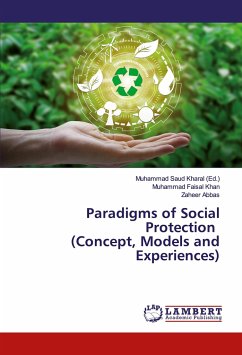The present volume intends an incursion into some key techniques of social work practice. Using arguments of social epistemology, the author introduces an overview of the case work and brings to attention important aspects of social work counselling. The reader is challenged to explore methodological aspects of counselling and is encouraged to practice the use of NLP techniques during the nondirective interview, which is able to lead to a change focused on the strengths of the client. Putting into relation the main occupations used in assistance-work creates the complex context of inter and multidisciplinary approach of social work practice, recognizing the border aspect of the discipline. The whole approach proposed by the author is filtered by the ethical character of social intervention directed towards the promotion of individual rights and having as central concept the quality of life. This is not viewed as an abstract concept, but as a source of operational indicators relevant to individual existence. To validate social work as applied science, the author brings into focus epistemological arguments adapted to the requirements and demands of this field.

